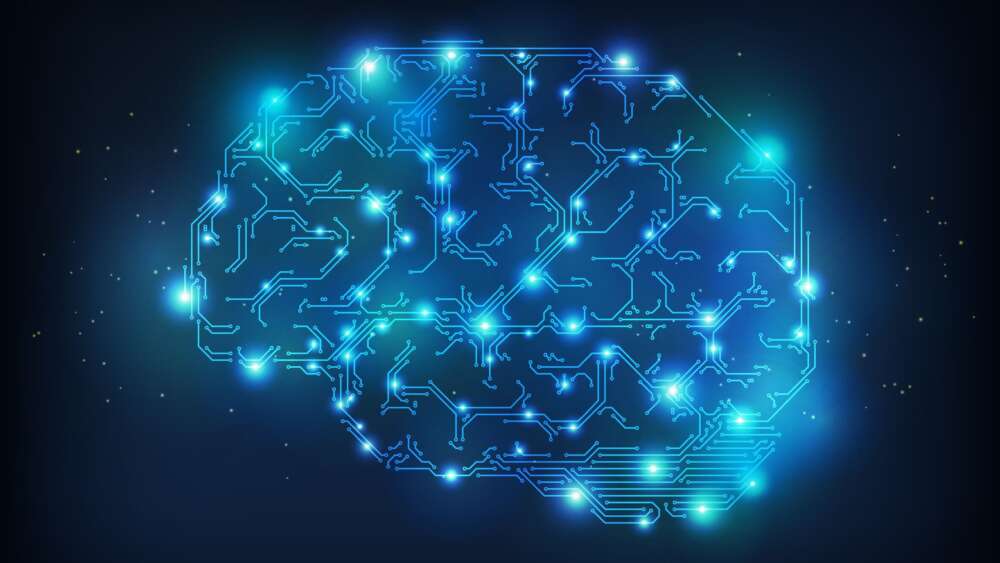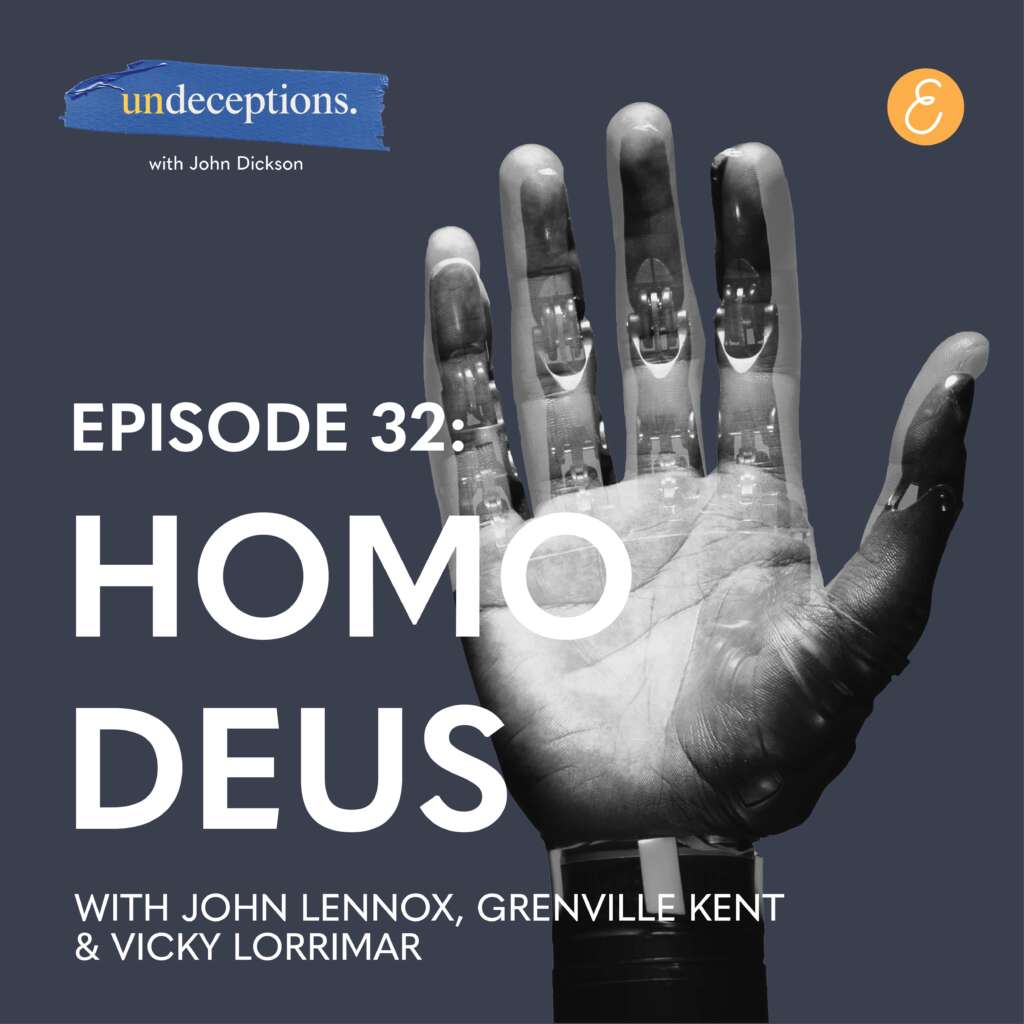Humanity’s quest for immortality might still seem like science fiction, but there are some things that are closer than you might realise.
“It’s pretty hard sometimes to separate out what’s actually feasible and what’s just blue-sky thinking,” says Dr Vicky Lorrimar, a lecturer in systematic theology at Trinity College in Queensland. Dr Lorrimar has completed her PhD in theology and science, where she examined the theology of human enhancement technologies and she spoke with John Dickson in episode 31 and 32 of the Undeceptions podcast, part of the Eternity Podcast Network, all about artificial intelligence.
Mind-uploading, says Dr Lorrimar, which seeks to preserve a person’s mind in a digital afterlife, is one area that is coming closer to realisation.
“Mind-uploading is this idea that the human brain can be scanned and read and copied, and then all of the information is encoded and uploaded onto a computer,” says Dr Lorrimar.
“It’s like we could live forever in some digital form.”
Of course, ‘consciousness’ is much trickier. Professor John Lennox, also a guest on the Undeceptions podcast on artificial intelligence and the homo deus, writes in his latest book 2084: Artificial Intelligence that “although much research has been done on the neural correlates of consciousness – the way in which parts of the brain “light up” when we are doing a particularly conscious activity – no one knows what consciousness really is. AI has made considerable progress in image ‘recognition’, but this tends to be sophisticated pattern-matching and does not give rise in any sense to the kind of awareness that would imply conscious mental recognition.”
“It’s not about avoiding these technologies, but it is something for discernment.”
According to Michael Graziano, a neuroscientist writing for the Wall Street Journal in 2019, mind-uploading requires solving two technical challenges. The first is to build an artificial brain made of simulated neurons – a challenge that has been all but solved.
“The modern wonders of artificial intelligence, like Siri or self-driving cars, depend on large artificial neural networks,” writes Graziano, though he concedes a brain with 86 billion neurons – about what the human brain contains – is still a ways off. “Though probably not for long,” he writes. “Computer technology is always improving.”
The second challenge, though, is far from solved. Scanning a person’s actual, biological brain is much harder. It took almost 10 years for a team of scientists at Albert Einstein College of Medicine to map the brain of a roundworm – a creature with only 300 neurons.
Graziano doesn’t doubt that mind-uploading will happen. But he predicts it taking centuries, not decades.
Dr Lorrimar says that when it comes to discerning the good from the bad in this type of ‘transhuman’ technology, it’s all about figuring out where humans fit into the narrative.
“If we consider that God graciously allows us to participate in what God is doing in the world – even if that’s just as very junior partners – that gives us responsibility to use our creativity and ingenuity well. It’s not about avoiding these technologies, but it is something for discernment.”
Email This Story
Why not send this to a friend?




